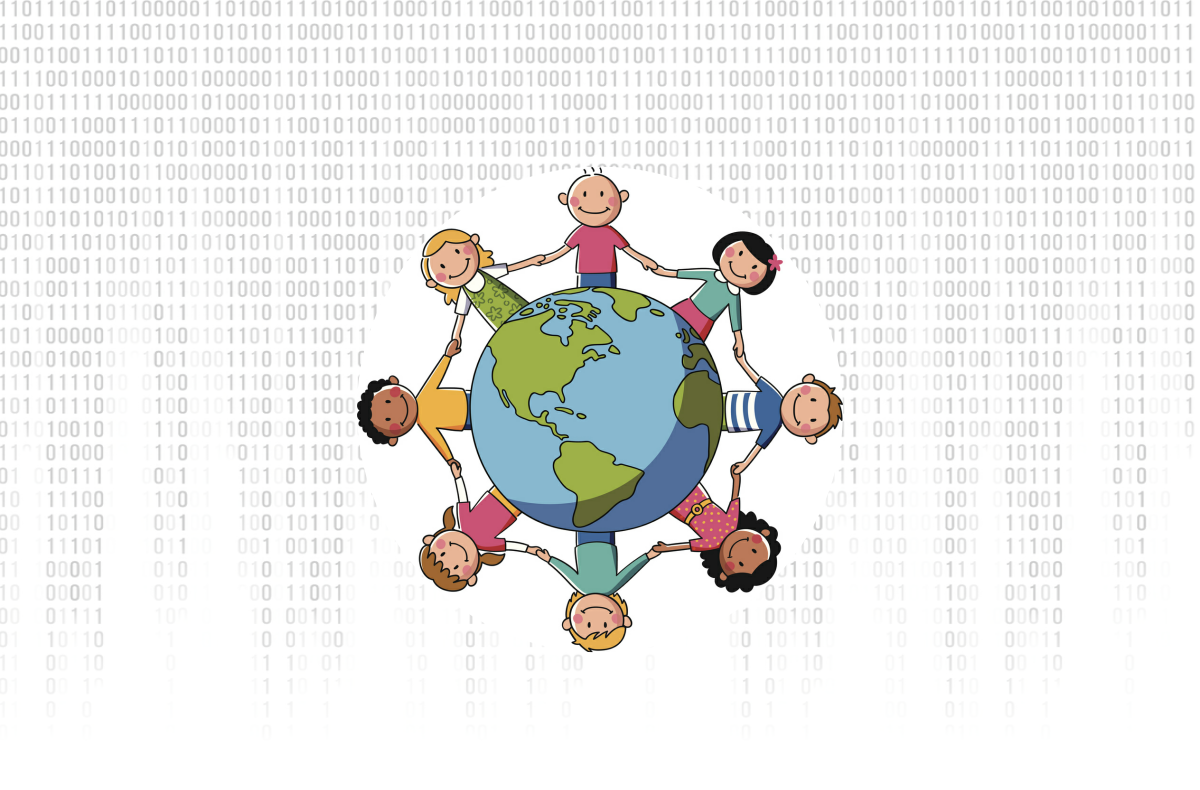By Cynthia Jaggi, Founder, GatherWell
The term open source refers to the process of developing software and making it free and available for everyone to contribute on writing its code or adapt it for reuse in a different context. As some developers argue, the “open source way” is all about exchanging ideas and collaborating with others who can improve your code. In the International Development field, “open-source solutions” mean that a technological approach to a development challenge has the possibility to be transferred to another part of the world with a similar issue and the same tool can be adapted to local context.
From my work on impact investing and the impact of open source initiatives in communities around the world, I found out about the UNICEF innovation fund, a bold experiment investing in technology start-ups from new and emerging markets focused on open-sourced solutions to improves children’s lives.
One of the benefits of the approach is that UNICEF can partner with the portfolio companies to test and expand their products and services. In this way, they are combining pursuit of their organizational mission, impact investing, and supporting the growth of disruptive companies doing good.
Let’s take a look at a few examples of the open source solutions the portfolio is deploying:
1 U-Report
U-Report is a social messaging tool. It empowers people anywhere in the world to engage as positive change agents. They are expanding their reach and last year integrated Facebook messenger. This multi-channel approach enables people to engage through SMS, twitter, telegram, and App in addition to Facebook messenger. Deployed in 34 countries including Brazil, Chile, El Salvador, Guatemala, and Mexico, U-Report has 3.2 Million members.
Each national deployment can have a different focus. For example, in Guatemala it is the “main platform for adolescents to link on-going advocacy activities at local level with national policies, including on issues around child marriage, adolescent pregnancy and sexual violence against girls”
Mexico was the first country to launch U-Report in Latin America and has a strong membership base:

It is actively used to gather and share information, with the possibility of understanding responses with demographic depth as in this regional visualization of responses to a question on being a victim of violence:

2 Maternal Health Interventions
Two examples of maternal health interventions working along similar lines are IPAL (Innovation for Poverty Alleviation Lab) in Pakistan and MomConnect in South Africa. In both cases, the projects look at how to connect new parents to knowledge and services using mobile:

IPAL’s model uses interactive storytelling. The aim of their current work is to engage mothers during pregnancy and delivery to avoid maternal deaths due to lack of information or misinformation related to health and healthcare during pregnancy. In their foundational work, they have been able to show statistically significant changes in knowledge.

There was also a slight tendency (not statistically significant) towards increased follow-up visits. One of the ongoing challenges of these efforts is to deliver the content in ways that both reach new parents and encourage interaction, as well as helping guide them to deeper services when necessary.
3 Cellular Networks in Nicaragua
A final example of open source projects in the fund is in the Infrastructure category. These are investments designed to improve the underlying resources which allow for connectivity, power and transport – which ultimately result in greater access. This kind of access means greater resources when children are in need of medical or emergency services. It also means access to information and social support networks that support the families, and as a result, the children in these communities.
SayCel, which is working in Nicaragua on communications in poor rural communities, is among the investments. “SayCel enables developing communities with non-existent, inadequate, or exorbitantly expensive cellular networks the opportunity to have their own cellular utility and local 911 service.”
SayCel’s feasibility study shows that the cost to make calls is truly exorbitant when compared to other countries:

In addition to installing the technology itself, SayCel provides training in network maintenance to allow the communities to have ongoing access. They are also developing an open source web and phone application to provide connectivity to the networks. Together this creates a “community cellular” approach

With additional proof in the Nicaraguan context, SayCel could potentially expand the approach to other rural areas.
4 Open Source Business Models
Each of the projects UNICEF’s innovation fund is investing in have the potential to help address challenging issues. In order to survive, however, one of the overarching questions is what open source business models are available and could be truly sustainable?
UNICEF recognized the importance of this deeper question for open source efforts within and outside of the fund with the potential to have a positive impact. In order to address it, they invested in a knowledge product focused entirely on the question of business model. The research, based on surveys of a cross-section of open-source projects, focuses on the SaaS (Software as a Service) model and reviews a number of different approaches to revenue generation on open source projects. This is critical. Even if the projects above are all a success in terms of community outcomes they will need solid businesses if they are to grow and replicate their impact in broader contexts.


Leave a Reply